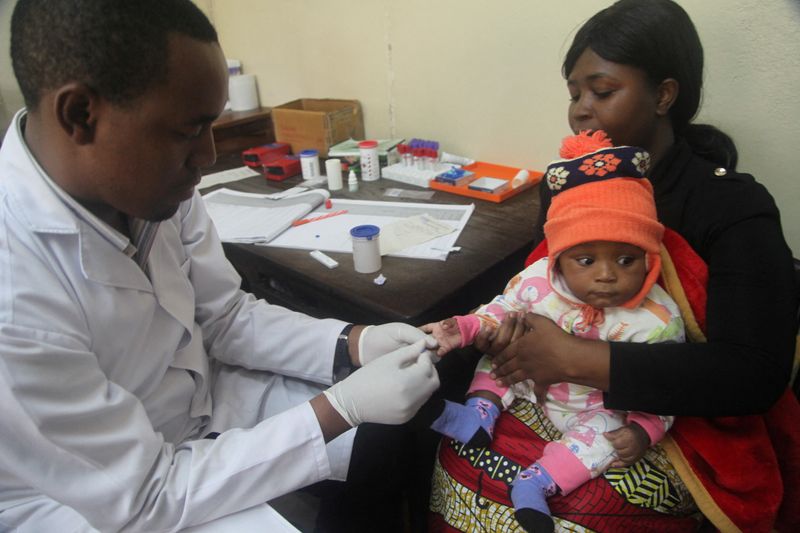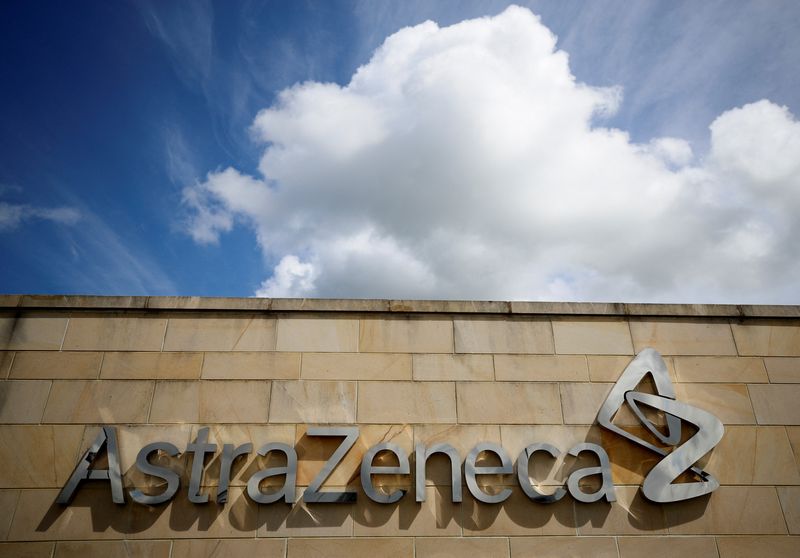By Natalie Grover
LONDON (Reuters) - Since the pandemic emerged, more top drugmakers have made progress in improving access to medicines in the developing world, but those gains are largely limited to middle-income countries leaving the poorest behind, an analysis has found.
The report, published by the non-profit Access to Medicine Foundation every two years, found that companies are employing strategies including voluntary licensing and building manufacturing capacity to improve access to medicines in low- and middle-income countries, although these advances have limited depth and breadth.
While there has been progress, there remain some gaping holes that need to be prioritised in the coming years, Access to Medicine Foundation CEO Jayasree Iyer told Reuters.
The findings mirror a long-established pattern - that the pharmaceutical industry will prioritise countries where there is a market, she said.
Companies must ensure their products are registered in low-income countries too, signalling to their governments they need to invest in fortifying their healthcare systems and find ways to get the drugs into patients, Iyer said.
"If we consistently see that the industry leaves low income countries behind, then we're never going to solve the problem of access at scale," she said.
In terms of overall rankings on the Access to Medicine Index, British drugmaker GSK retained the top spot, closely followed by U.S. pharma major Johnson & Johnson (NYSE:JNJ) (J&J).
Anglo-Swedish drugmaker AstraZeneca (NASDAQ:AZN) leapt to third place from seventh, helped by a series of voluntary licences issued for its COVID-19 vaccine.
Of particular concern is the lack of progress made by global drugmakers in investing in developing medicines to address emerging infectious diseases, which disproportionately affect people in developing nations and are on the rise thanks to climate change and migration, report authors highlighted.
Only five companies, including J&J, Bayer (OTC:BAYRY), Merck and Takeda, are targeting such infectious diseases other than COVID, but even these projects target a small number of priority pathogens. This leaves most pathogens capable of triggering the next pandemic or epidemic unaddressed, they wrote.

"It is true that COVID has taught us that companies can be agile ... but we're banking on fewer and fewer companies to solve the world's crises when we do have a pandemic," Iyer said.
"There's hardly any investment going into it. So it is disappointing, more than it is surprising."
